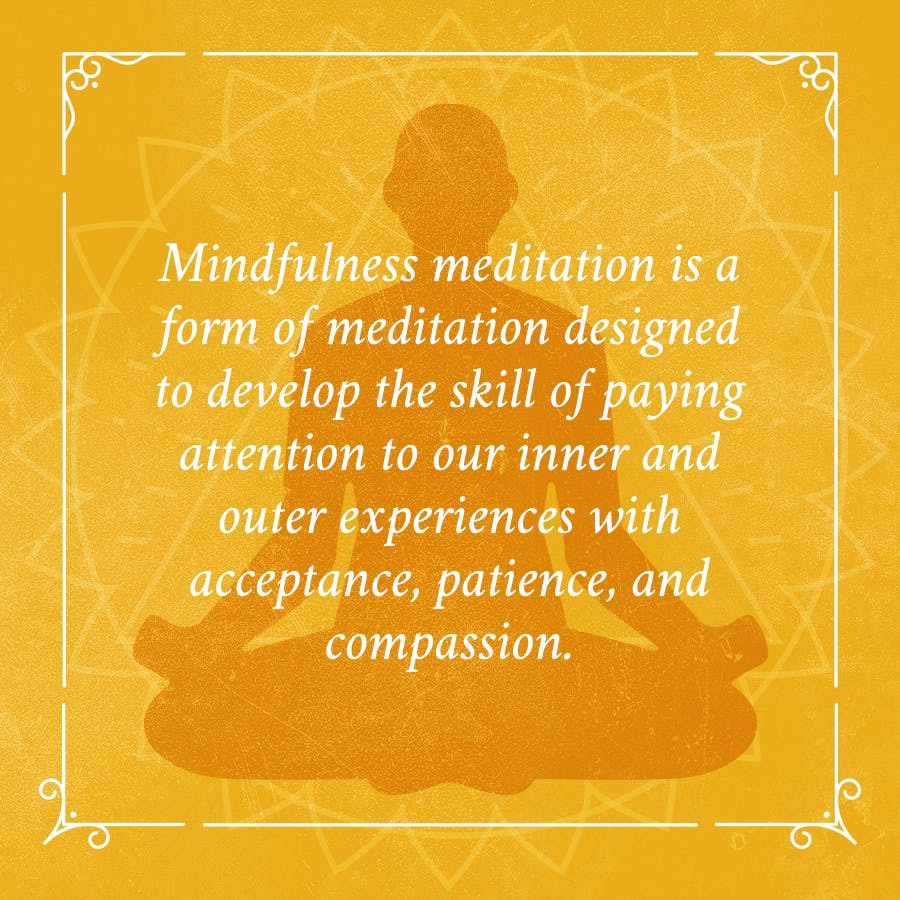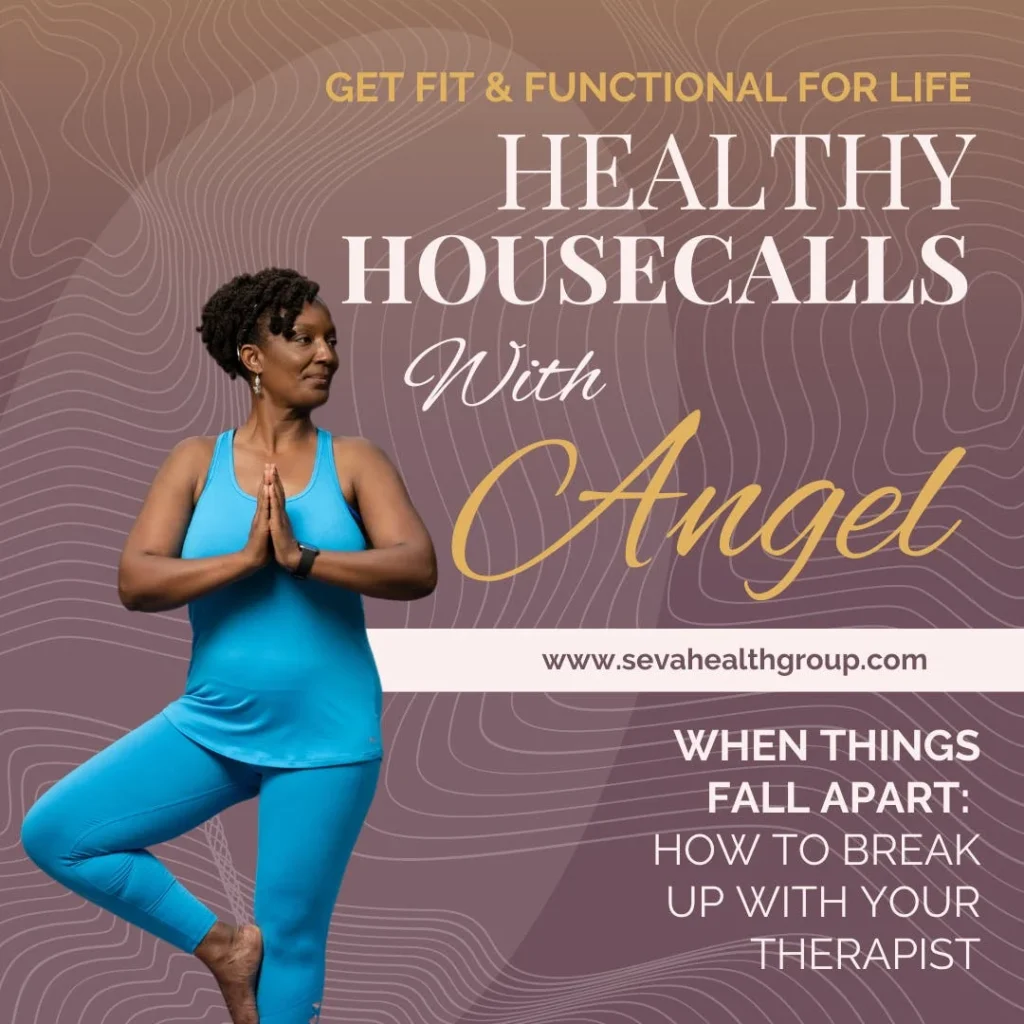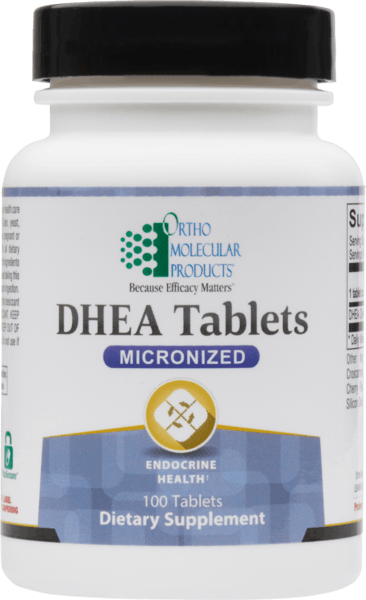
01 Mar Walking meditation? Here’s how.
Have you ever tried meditation and felt like it was the hardest thing ever to do? You’re not alone. That’s because in our over-stimulated lives it’s not easy to quiet down the chatter that goes on in our brains 24-7-365. It’s even harder to tame the restlessness that goes on in our bodies. This is one of the reasons I teach walking meditation and want to share that with you.
But first, the reason why it’s good for you and a must have in your wellness toolkit…
Meditation has been around for centuries and is known to have a positive impact on both the mind and body. It is a simple and effective technique that can be practiced by anyone, anywhere. Regular meditation practice activates the parasympathetic nervous system (the opposite of fight or flight) and can lead to a reduction in stress, anxiety, and depression. It can also improve focus and concentration, which can lead to increased productivity.
In addition to mental benefits, meditation can also have a positive impact on our physical health. It has been shown to lower blood pressure, reduce inflammation, and boost the immune system. It can also help with pain management, since it increases the release of natural painkillers in the body.
Meditation is a natural and safe way to improve your health and wellbeing. You don’t need any special equipment or training to start practicing, and you can do it from the comfort of your own home.
What to do if you find sitting meditation uncomfortable or a real challenge? Consider a walking meditation practice.
Walking meditation is simply meditation in motion. You place your full attention on the process of walking—from the shifting of the weight in your body to the mechanics of placing one foot in front of the other in heel-toe fashion.
Walking meditation is often used to balance or shift the energy of sitting practice. It can be a great starting point to help you integrate meditation into your daily life consistently and is often more accessible than a sitting practice for many people.
Start with just a few minutes a day in an unobstructed space where you can walk in a straight line for about ten feet (one of my favorite places is labyrinths!) and gradually increase the duration as you become more comfortable. You’ll be amazed at the positive impact it can have on your life!
Not sure how to get started on a walking meditation practice? Hit reply – I’d love to share my experience and some resources with you!

New Podcast Episode: When Things Fall Apart: How To Break Up With Your Therapist

Coping with the stress of modern life isn’t easy, especially when you’re trying to do it alone. Therapy can be the biggest missing link to finding purpose, passion, and meaning in life again. However, not all therapeutic relationships work out for the best, leaving clients wondering how to terminate therapy sessions in a way that doesn’t burn bridges or create further emotional or psychological harm. This episode answers the question: how do you break up with your therapist, nicely?
The Art of Patience

“Be patient.” Loaded words, aren’t they?
There was a time in my life when nothing irritated me more than someone telling me to be patient for something I really wanted to see manifest in my life.
A job interview.
A loving companion.
A goal on my vision board.
“Be patient” were words that felt easy to say but hard to do.
But over the years I’ve learned that those two words “be patient” are not only good advice for getting the things we want it’s good for our health too.
Stress & Hormone Support
Dehydroepiandrosterone (DHEA) is a steroid hormone precursor, which helps maintain healthy hormone levels and helps support the stress response system. DHEA functions as the counterpart to the stress hormone cortisol. Maintaining healthy DHEA levels is crucial for balancing the catabolic effects of cortisol. Each capsule provides 5 mg of DHEA derived from the wild yam, allowing for incremental oral supplementation and flexibility with numerous hormone-balancing and stress-fighting protocols. DHEA has been shown to:
- Promote Healthy Hormonal Balance
- Support Mood Regulation
- Balance the Stress Response System by Improving Cortisol-to-DHEA Ratios
- Maintain Healthy Aging and Normal Inflammatory Balance
- Support Bone Health
Final Words

Want more tips, tools and strategies to help you live longer and live better with lifestyle medicine? Join our mailing list today!


No Comments